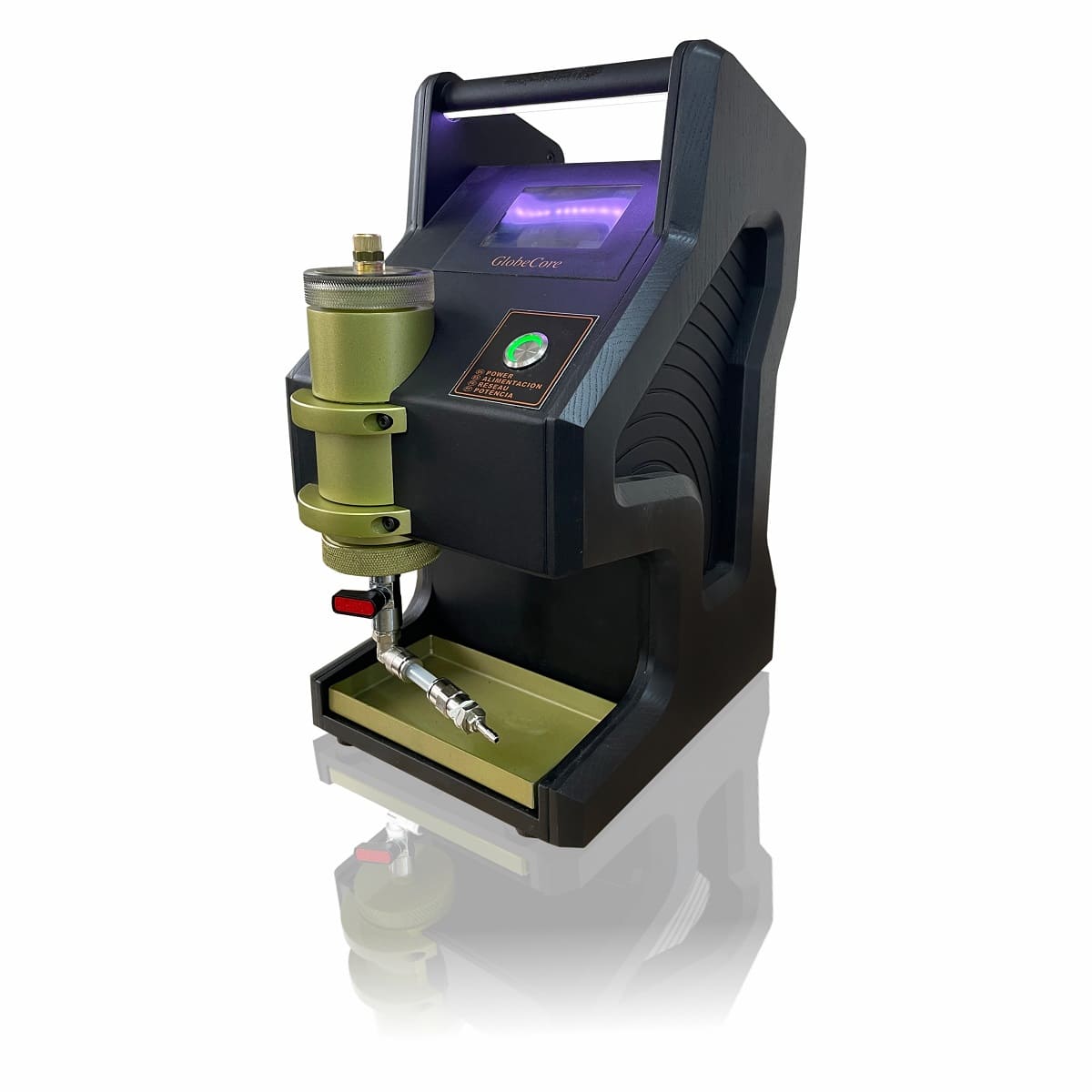How is dielectric strength explained on Wikipedia for transformer oil?
- This topic has 1 reply, 2 voices, and was last updated 10 months, 2 weeks ago by .
Answers
-
September 9, 2024 at 8:08 am by Linda Jackson
Dielectric strength of transformer oil is a crucial property as it indicates the ability of the oil to insulate and prevent electrical breakdown under voltage stress. As per standard explanations, dielectric strength refers to the maximum electric field that a substance can withstand without experiencing failure of its insulating properties. For transformer oils, this property is typically tested by applying a high voltage across a sample of oil until breakdown occurs, often measured in kilovolts per millimeter (kV/mm). High dielectric strength ensures efficient insulation and reduces the risk of short circuits or electrical failures in transformers. It is essential for the longevity and reliability of transformers that utilize oil for cooling and insulation. If you’re looking for a comprehensive understanding of dielectric strength, Globecore offers advanced oil testing equipment that can accurately measure the dielectric strength of transformer oils, ensuring optimal performance and safety in electrical applications.



